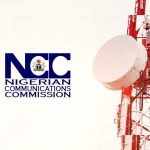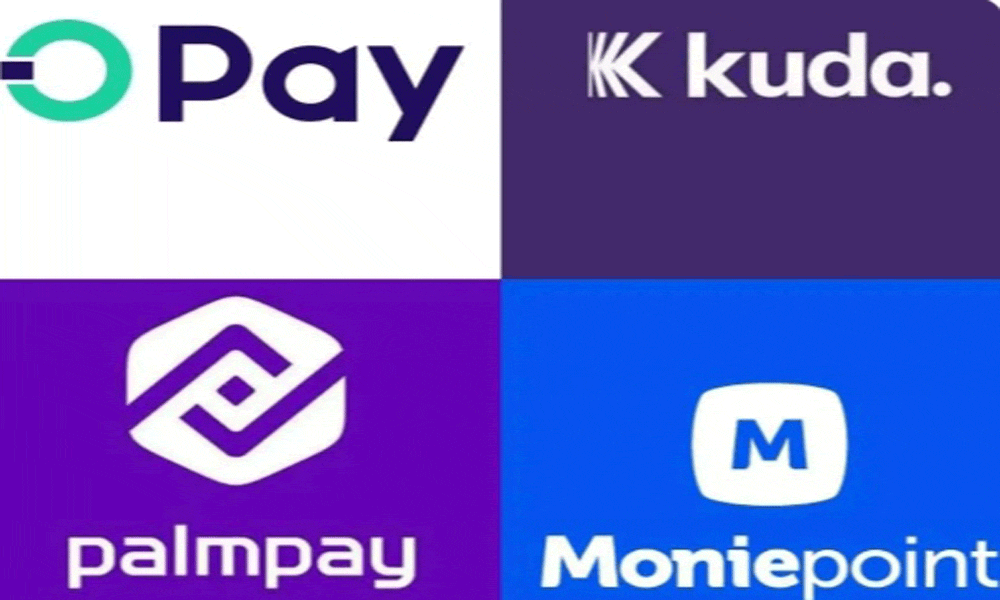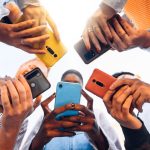5 Connections and Influences Black Panther Shares with Nigeria
Since the theatrical release of Black Panther Wakanda Forever, conversations surrounding the movie have been copious. From discussions about the themes and tropes of the movie to its overarching...

Since the theatrical release of Black Panther Wakanda Forever, conversations surrounding the movie have been copious.
From discussions about the themes and tropes of the movie to its overarching connection to the Marvel Cinematic Universe’s Phase 5, to the homages it pays to African cultures, the film has been nothing short of a conversation driver.
For any African, it is a sight for sore eyes to go to the cinemas and see a creative visually appealing representation of the African culture, as opposed to the savagery that has been depicted on the silver screen as Africa’s heritage.
Hollywood for quite some time has forcefully spoon-fed the global audience stories about western history, and when it tries to touch on other cultures, said projects are mired with misrepresentation, exaggerated depravity, or understated decency.
Black Panther is one of the few exceptions depicting creatively and sensitively the other side of Africa that has been sorely misrepresented in the media.
The fictional kingdom of Wakanda depicted in the movie is an ensemble of numerous African tribes and their unique identities. Everything from music to costume, to set design to language, have very heavy African influences.
Below are five connections and influences Black Panther shares with Nigeria
Mbaku’s accent: In an interview, the actor who plays M’Baku, the leader of the Jabari tribe, Winston Duke, admitted to drawing accent influence from the Igbo tribe in Nigeria. He also noted that the Jabaris were strongly influenced by the Igbo tribe.
Kokou: This Yoruba deity is one of the African gods that are referenced in the movie. Kokou is a feared warrior deity from the Yoruba faith in West Africa’s Benin. This deity is one of the few non-Egyptian deities mentioned in the movie.









No Comment! Be the first one.